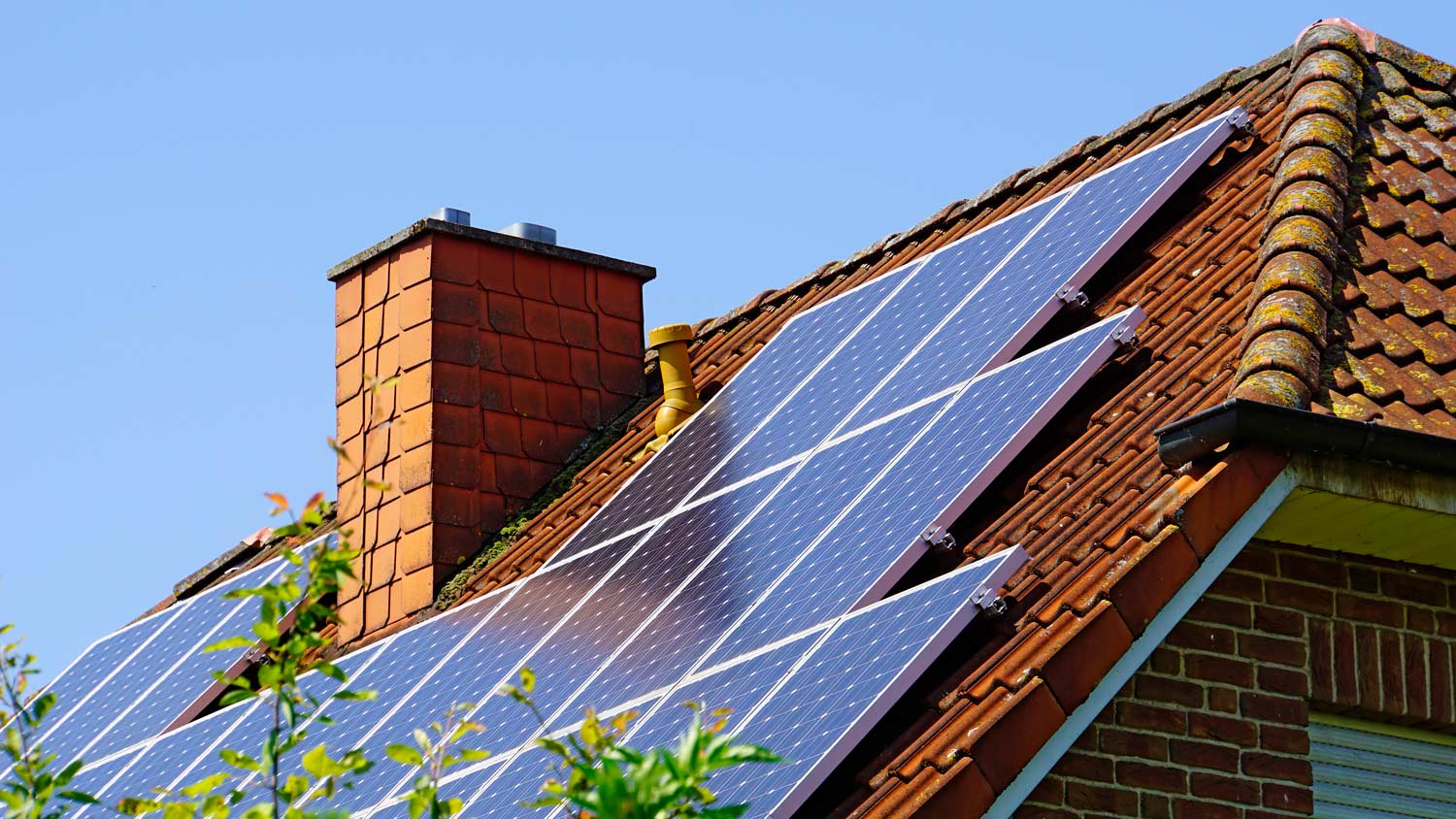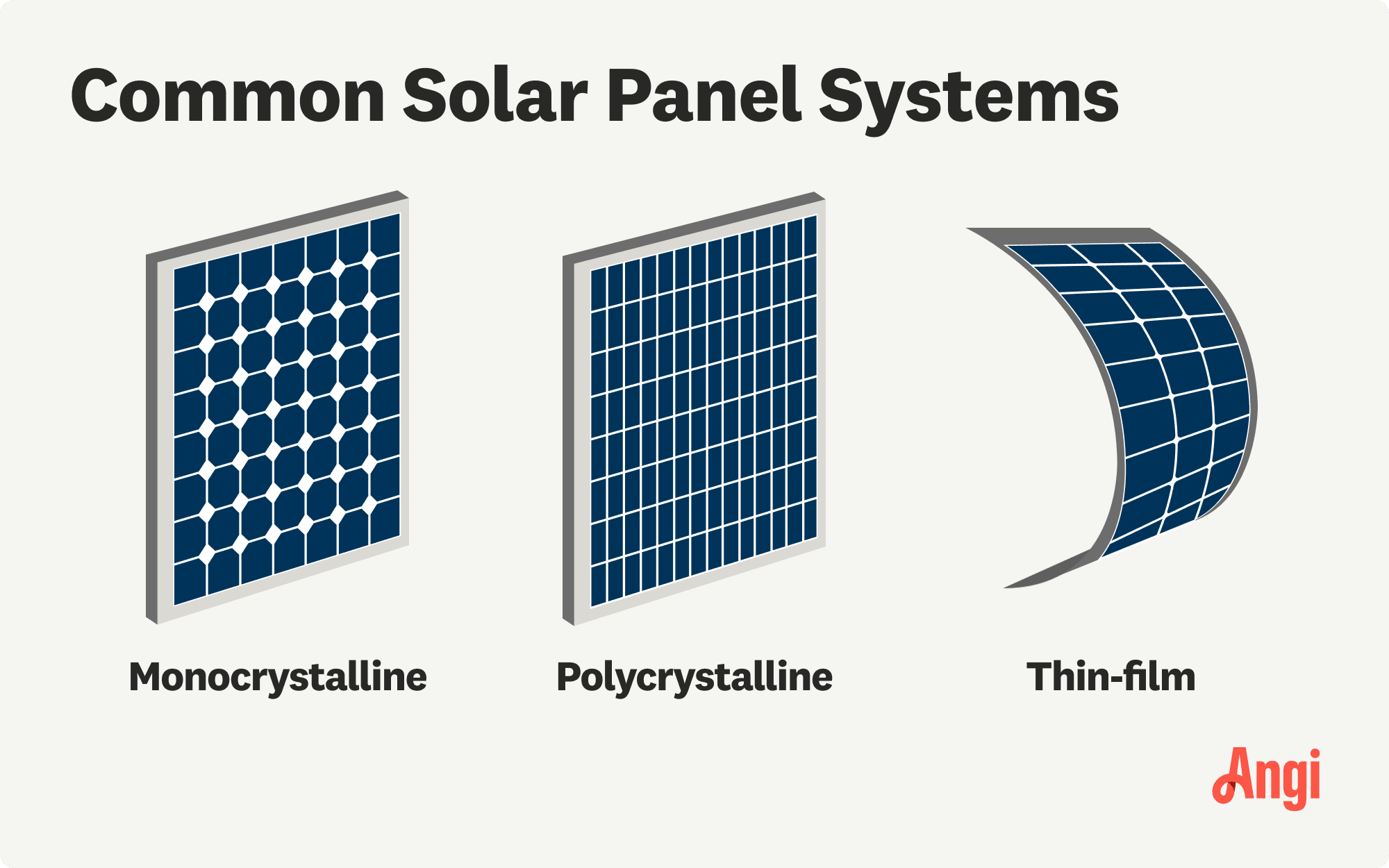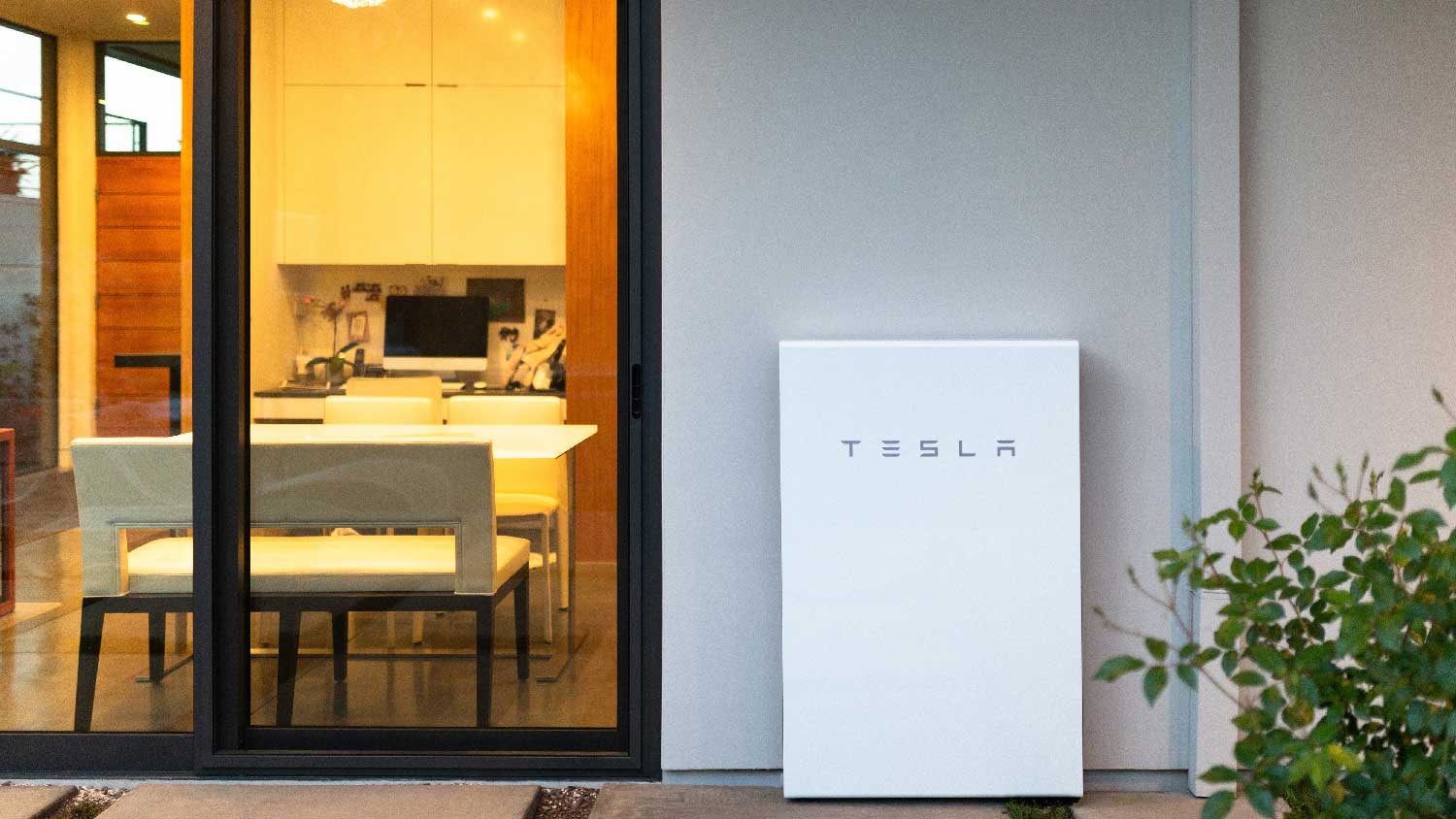
Solar battery costs depend on the size of your system, labor, and capacity. Learn how much you could pay for batteries for home solar systems.
Installing solar panels in Detroit, Michigan, averages $30,250, though it ranges between $25,000 and $46,000 based on system size, panel type, wattage, and more. A solar panel installer can assess your roof and install your system.


Detroit gets more sunshine than many expect, making solar viable year-round.
Michigan's Distributed Generation (DG) program allows homeowners in Detroit to earn credits for selling electricity to the grid.
Rising electricity costs in Detroit make solar appealing to homeowners and homebuyers.
Detroit's urban renewal includes embracing clean energy solutions for homeowners.
Homeowners in the Motor City can shift gears toward solar power and save in the process. Solar panel installation costs in Detroit, Michigan, average $30,250 and range from $25,000 to $46,000. The consistent sunshine combined with rising electricity rates makes solar a practical way to cut energy costs. Here’s what to know about solar panel costs and benefits in the greater Detroit area.
Detroit’s historic areas and unique rooflines can pose challenges for solar panel installation. Factors like system size, type of panels, and hardware influence the price of solar energy.
The size of the solar system will impact your solar panel installation costs. The larger the output, the more you’ll pay. Most homes need 6- to 10-kW (kilowatt) systems, which work out to anywhere from 15 to 34 panels, depending on the wattage.
The table below shows average costs based on the size of your solar system:
| System Size (kW) | Number of Solar Panels | Average Cost |
|---|---|---|
| 4 | 10–12 | $15,560–$18,000 |
| 6 | 15–18 | $23,340–$27,000 |
| 8 | 20–24 | $31,120–$36,000 |
| 10 | 25–30 | $38,900–$45,000 |

When choosing the type of solar panel that works best for your home, consider three main factors: efficiency, life expectancy, and design. Here’s how the type of solar panel can affect your cost:
| Type of Solar Panel | Average Cost per Watt | Efficiency Rate (%) | Pros | Cons |
|---|---|---|---|---|
| Monocrystalline | $1.15–$1.45 | 18–22 | High efficiency, attractive design | Higher up-front investment |
| Polycrystalline | $0.85–$1.15 | 15–17 | Good value, reliable performance | Lower efficiency, needs more roof space |
| Thin film | $0.65–$1 | 10–12 | Flexible installation, tolerates shade | Requires the most space |
On average, most homes need anywhere from 20 to 25 panels to fully power a home, but this can range from as few as 15 to as many as 34. How many panels you need depends on the number of watts per panel, your energy consumption, and the efficiency of your panels. Your average solar panel will have an output of anywhere from 250 to 400 watts. The dimensions of your solar panels will also depend on the power output.
Your solar pro can analyze your energy usage, evaluate your roof space and orientation, and calculate how many solar panels you need.
The Detroit area gets more sunshine year-round than you might think. However, the weather also includes heavy snows and severe summer storms. You’ll need to secure your solar panels with the right mounting hardware.
The more advanced the technology, the higher the up-front cost. The type of mount will affect the cost as well:
Fixed mounts: $18–$30 per mount
Adjustable mounts: $70–$95 per mount
Tracking: $750–$3,700 or more per mount (these mounts can self-track sunlight, leading to up to 45% more energy production)
Standard roof mounts: $140–$280 per panel
Ballasted systems: $190–$380 per panel (for flat roofs)
Ground mounts: $475–$950 per panel
Other materials you will need for a solar energy system include the parts in the table below.
| Hardware | Average Cost |
|---|---|
| String inverter | $1,140–$3,325 each |
| Microinverters | $190–$380 each |
| Power optimizer | $95–$190 each |
| Solar battery | $7,600–$19,000 |
| Monitoring system | $285–$760 |
Inverter: Converts direct current (DC) electricity to alternating current (AC) electricity
Microinverters: Convert DC power to AC power at individual panels (not the whole string of panels)
Optimizer: Regulates currents so each panel is more energy efficient and prevents power loss.
Battery: Stores excess energy from the system so homeowners can use it at night or during a power outage
Some systems use a single solar inverter or several microinverters that convert DC to AC electricity. Materials like the wiring and battery are often grouped with the package price unless you opt for add-on services.
Solar installations in Detroit require professional expertise. Local permitting processes vary, and it takes know-how to select and install the right components. Solar panel installers in Detroit, Michigan, can handle permit applications and ensure systems meet local building codes.
Budget $0.52 to $0.68 per watt for labor. This number doesn’t include permits or the cost of additional technology, such as special mounts, tiles, or shingles.
Solar panel installation does require electrical work. Though many solar panel installation companies have a licensed electrician on staff who specializes in solar panels, roofing contractors sometimes subcontract an electrician. The cost of hiring an electrician in Detroit is around $65 to $140 per hour, and solar installations take about four to eight hours of electrical work.
Depending on your area, you may need to get a building permit and a solar panel inspection before you can unveil your new solar panels. Permits and inspections will add an average of $140 to $520 to the solar panel costs.
Standard residential solar permits: $140–$375
City of Detroit solar permits: $195–$475
Electrical permits: $85–$215
Connection to local utilities: $60–$190
Solar panels are worth the investment in cities like Detroit, where green energy systems are growing in popularity. Homes with solar can generate more buyer interest, sell for more, and sell faster than comparable properties without existing solar installations.
Even if you’re not planning to sell soon, you’ll still get a boost from installing solar panels. Homeowners benefit from lower electricity bills and get credit for excess power generated by their solar panels. So it’s no wonder that current homeowners and buyers in Detroit look at solar panels as a big upgrade.
Once your solar panels are paid off, they're officially your property. If you move, you can reinstall them on a new rooftop. Alternatively, they can increase the value of your home by 3% to 4% and attract more buyers. They can also give your property a competitive edge in a buyers’ market.
The best way to save money on the up-front costs of installing solar panels is to take advantage of the Solar Investment Tax Credit (ITC) before it ends on December 31, 2025. The ITC allows homeowners to claim a federal tax credit equal to 30% of the price of their solar panel system installation.
For example, if your solar panel system costs $30,000 before the federal tax credit, you can save around $9,000. However, to benefit from this credit, your solar system has to be installed and working before the federal incentive ends.
The ITC, also known as the Residential Clean Energy Credit, was originally extended through 2032 as part of the Inflation Reduction Act. However, new federal legislation (the Big Beautiful Bill Act) signed into law on July 4, 2025, terminated the credit early. The Solar Energy Industries Association® (SEIA) outlines the high-level policy changes and restrictions on energy tax credits.
Additionally, the extra power you choose not to store in a battery can be sent back to the grid. Your local utility company will compensate you for that power, but the amount will vary. You can check the Utility Rate Database on Open EI to estimate how much you can expect to receive for generating excess energy.
With strong programs encouraging solar panel installation in Detroit, Michigan, you can bask in the bright idea of residential solar.
Michigan's Public Service Commission hosts a Distributed Generation program that allows homeowners to sell excess solar power back to the grid and support green power initiatives in Detroit.
You’ll benefit from tax breaks, too. Solar installations in Detroit are exempt from property tax increases, so your home value will increase without higher property taxes. The state also waives state sales tax on solar equipment, helping keep initial costs lower.
Finally, major utilities serving Detroit offer solar programs. Your utility provider can provide program details and requirements and let you know how much you’ll save with solar panels.
Home is the most important place on earth, which is why Angi has helped more than 150 million homeowners transform their houses into homes they adore. To help homeowners with their next project, Angi provides readers with the most accurate cost data and upholds strict editorial standards. We survey real Angi customers about their project costs to develop the pricing data you see, so you can make the best decisions for you and your home. We pair this data with research from reputable sources, including the U.S. Bureau of Labor Statistics, academic journals, market studies, and interviews with industry experts—all to ensure our prices reflect real-world projects.
Want to help us improve our cost data? Send us a recent project quote to [email protected]. Quotes and personal information will not be shared publicly.
From average costs to expert advice, get all the answers you need to get your job done.

Solar battery costs depend on the size of your system, labor, and capacity. Learn how much you could pay for batteries for home solar systems.

Discover the Tesla Powerwall installation cost, including average prices, cost factors, and tips to help homeowners budget and save on their Powerwall project.

There are a few factors to consider when it comes to solar panel repair costs. This guide breaks down the prices of solar panel removal, repair, and replacement.

What is solar farming? Learn how solar farms work, types, pros and cons, and how this renewable energy boom can help you turn daylight into power.

Do solar panels work in the winter? Yes, solar panels can work throughout every season, creating green energy even as low temperatures and snowfall persist.

Let’s dig into the debate between solar batteries versus generators to help you choose the best backup power solution.